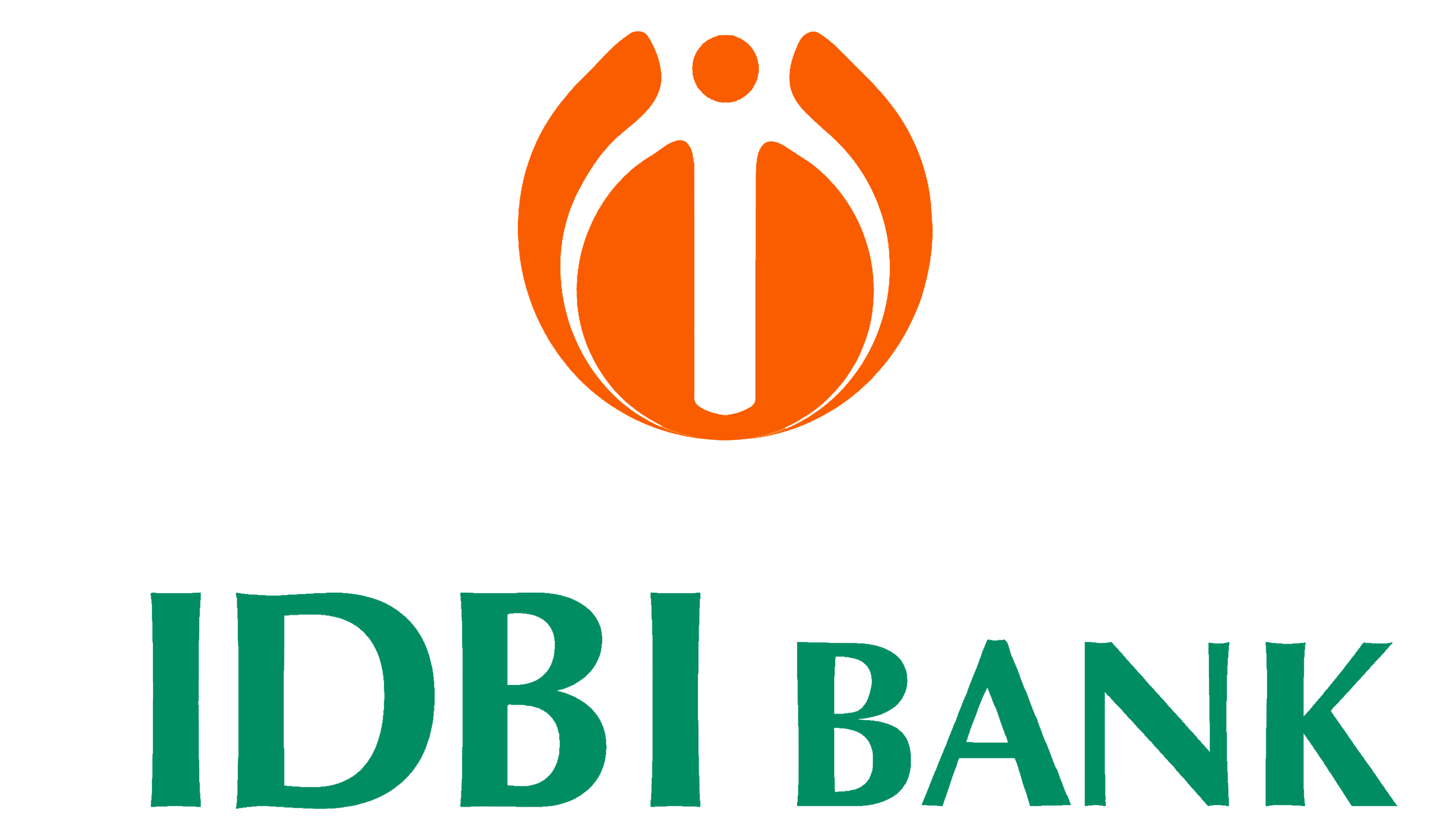NGO Registration in Delhi
Non-Profit Organizations basically work for the betterment of society. Each law determines the registration process of a different type of organization and choosing the kind of registration process
Get Your NGO registered in 7 days
Incorporate your NGO with Auriga Accounting
- Connect with our Experts
- Submit Your Required Documents
- Track Application Status
- Received your Certificate

















